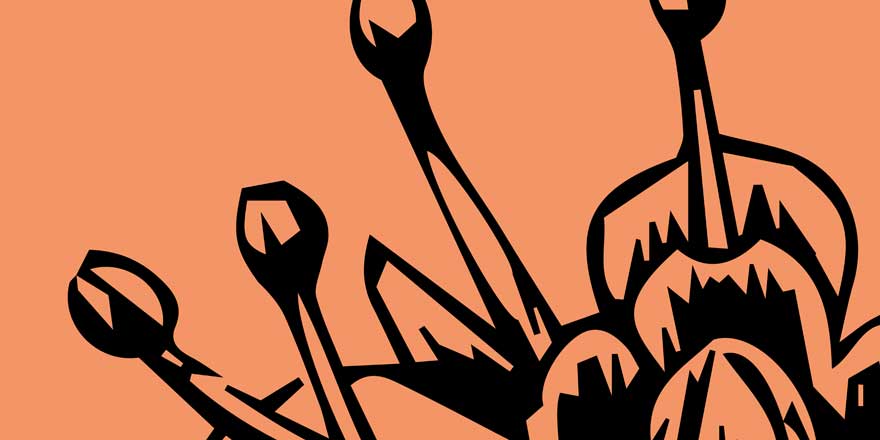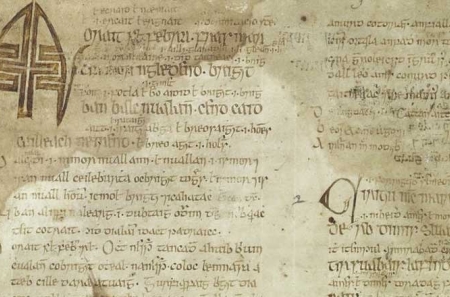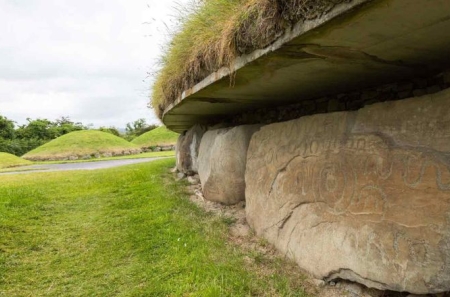
Shelfmarks with Kerri ní Dochartaigh
23 September 2021In this first episode of our podcast Shelfmarks, Zoë Comyns looks at an expedition to the islet of Rockall funded by the Royal Irish Academy in 1896.
Shelfmarks is a podcast by the Royal Irish Academy podcaster-in-residence Zoë Comyns. Every other week Zoë will sift through the Academy collection for Shelfmarks (biographies, manuscripts, books and reference from the collection) and invite a guest writer to discuss their own relationship with the natural world. Writers include Amanda Bell, Kerri Ní Dhochartaigh, Manchán Magan, Siobhán Mannion, Jane Clarke and Neil Hegarty. Each writer has been specially commissioned to write pieces exploring their own relationship with nature.
Shelfmarks goes live on Sundays and episodes are available on SoundCloud, Spotify and Apple Podcasts.
In this first episode of Shelfmarks Zoë looks at an expedition to Rockall off the north-east coast of Donegal funded by the Royal Irish Academy in 1896. The island is extremely remote and poor weather conditions meant it was impossible to land on Rockall. The crew of geologists, naturalists and biologists did collect dredge samples and bird specimens. This programme evokes his journey and the sense of discovery.
One of those on board was RIA member R.M. Barrington, whose interest in birds led to him to publish The Migration of Birds as Observed at Irish Lighthouses and Lightships (1900). Barrington asked lighthouse keepers all around the country to record information on all birds that died by striking the light stations. He asked that they ‘cut off and label the wing and leg of every common bird which is killed at their station…All species can then be identified with certainty.’ He also requested that ‘Rare birds should be sent entire”. He gathered more than 2000 specimens, legs and wings and whole birds arrive by post every week, from all over Ireland to his home in Wicklow allowing him to identify patterns and compile his book. The expedition report dated 30 November 1896, which was included in our Transactions, is freely available on JSTOR.
Zoë’s guest on Shelfmarks is Kerri ní Dochartaigh, author of Thin Places. Kerri brings Zoë to Baltray beach in Co. Louth where they discuss Kerri’s relationship with the natural world and she reads new pieces specially commissioned for the Shelfmarks. Kerri chats about how being prompted by the notion of discovery and expedition she observes her baby son taking in the world for the first time. She also writes about a dream that she often returns to in which she is observing a bird in a forest and has to choose between experiencing this moment and rushing home to document it. Kerri has been writing for a number of years and she explores in her final piece one of her very first pieces of writing about a bird strike. Barrington’s studies resonant with her as she has come across numerous dead birds during her walks.
Kerri ní Dochartaigh is the author of Thin Places, which was highly commended by the Wainwright Prize for Nature Writing 2021. She has written for the Guardian, the Irish Times, the BBC, Winter Papers, and others. She lives in an old railway cottage in the heart of Ireland with her family.



